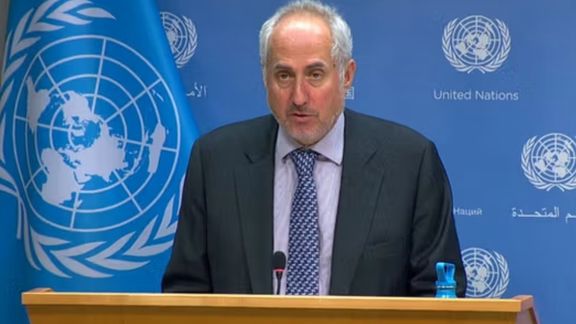Half Of Afghanistan’s Population Requires Life-Saving Assistance, Says UN

Four years after the Taliban’s return to power, more than half of Afghanistan’s population is in need of life-saving assistance, the United Nations said Friday.

Four years after the Taliban’s return to power, more than half of Afghanistan’s population is in need of life-saving assistance, the United Nations said Friday.
UN Secretary-General’s spokesperson Stéphane Dujarric told reporters that Afghan women and girls remain especially vulnerable under Taliban restrictions barring them from education, employment and public life. He described aid directed at women and girls as a critical lifeline.
Dujarric also warned that the return of 1.7 million Afghans from Iran and Pakistan since the beginning of the year has sharply increased humanitarian needs. Most returnees, he said, have limited ties to local communities and are struggling to find shelter and livelihoods.
The UN Central Emergency Response Fund (CERF) has allocated $10 million to support returnees, while additional funding from the Afghanistan Humanitarian Fund is under review.
Citing the UN Office for the Coordination of Humanitarian Affairs (OCHA), Dujarric said more humanitarian funding for Afghanistan remains urgent. OCHA had already warned in June that operations in the country face severe budget shortfalls.